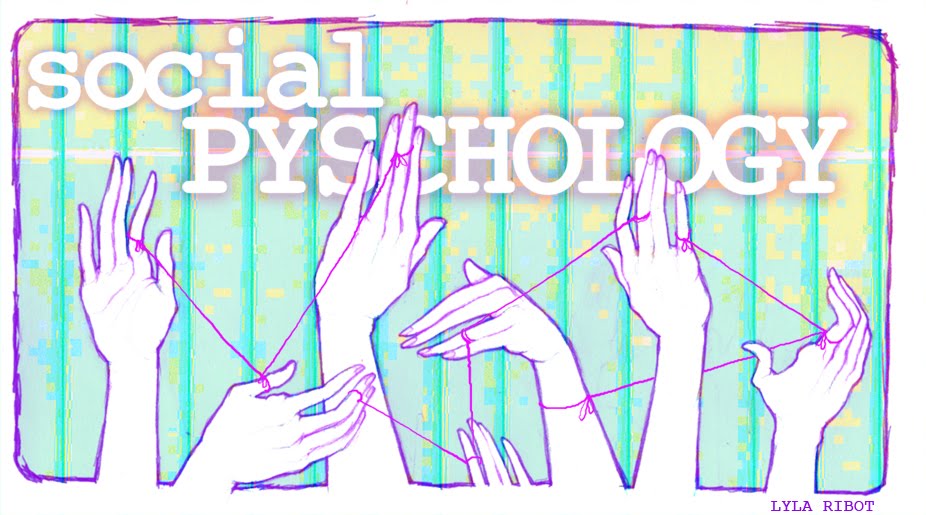Felix Warneken and Michael Tomasello
(Video)
I am always interested in watching how young children interact with each other. It's the time of our lives that we are the most influential to being molded to the person we later become. The article talks about the experiments that were performed to show the cooperation level and understanding of children who were over a year old.
Warneken's and Tomasello's controlled social experiments with these children tested the "...prosocial behaviors such as helping and cooperation [which] are interesting both cognitively and motivationally: To help someone with a problem, the helper must understand the other's unachieved goal and possess the altruistic motivation to act on behalf of the other....cooperative activities are based on the formation of a shared goal. That is, two or more persons have to perform interdependent roles directed at a shared goal and possess the motivation to mutual support each other's action to reach that goal. These kinds of prosocial behaviors are at the core of the human condition."(Page 1; "Helping and Cooperation at 14 months of age" By Felix Warneken and Michael Tomasello; Max Planck Institute for Evolutionary Anthropology Leipzig, Germany. INFANCT, II(3), 271-294. Copyright 2007, Lawrence Erlbaum Associates, Inc.)
Their interest in this study is to find out how far a 14 month old's internal instinct is to help another. The interesting part of this experiment is the child was not told or asked to help and afterwards did not receive encouragement to keep helping. For example if you watch this video clip of the experiment, you'll notice that the child watched to try and figure out what the adult's goal was with the magazines. The child could process the goal after viewing and then act upon how to possibly help.
What I found particularly interesting is Warneken and Tomasello also did a similar study but with chimpanzees. Their results was that the chimpanzees had no interest in the cooperative goal activities, thus showing "..that they had not formed a shared goal with the other."(Page 22; "Helping and Cooperation at 14 months of age" By Felix Warneken and Michael Tomasello; Max Planck Institute for Evolutionary Anthropology Leipzig, Germany. INFANCT, II(3), 271-294. Copyright 2007, Lawrence Erlbaum Associates, Inc.) In comparison, the small children seemed to adapt to the idea of cooperative activities which they begin to comprehend as young as a few months after their first birthdays. The idea of helping others seems to be imbedded into our human psyche, and we can process the complex idea of working together to achieve a goal.
Elizabeth Collica
Monday 2pm-5pm Social Psychology
http://citeseerx.ist.psu.edu/viewdoc/summary?doi=10.1.1.150.48
www.sciencemag.org/cgi/content/full/311/5765/1301/DC1

No comments:
Post a Comment